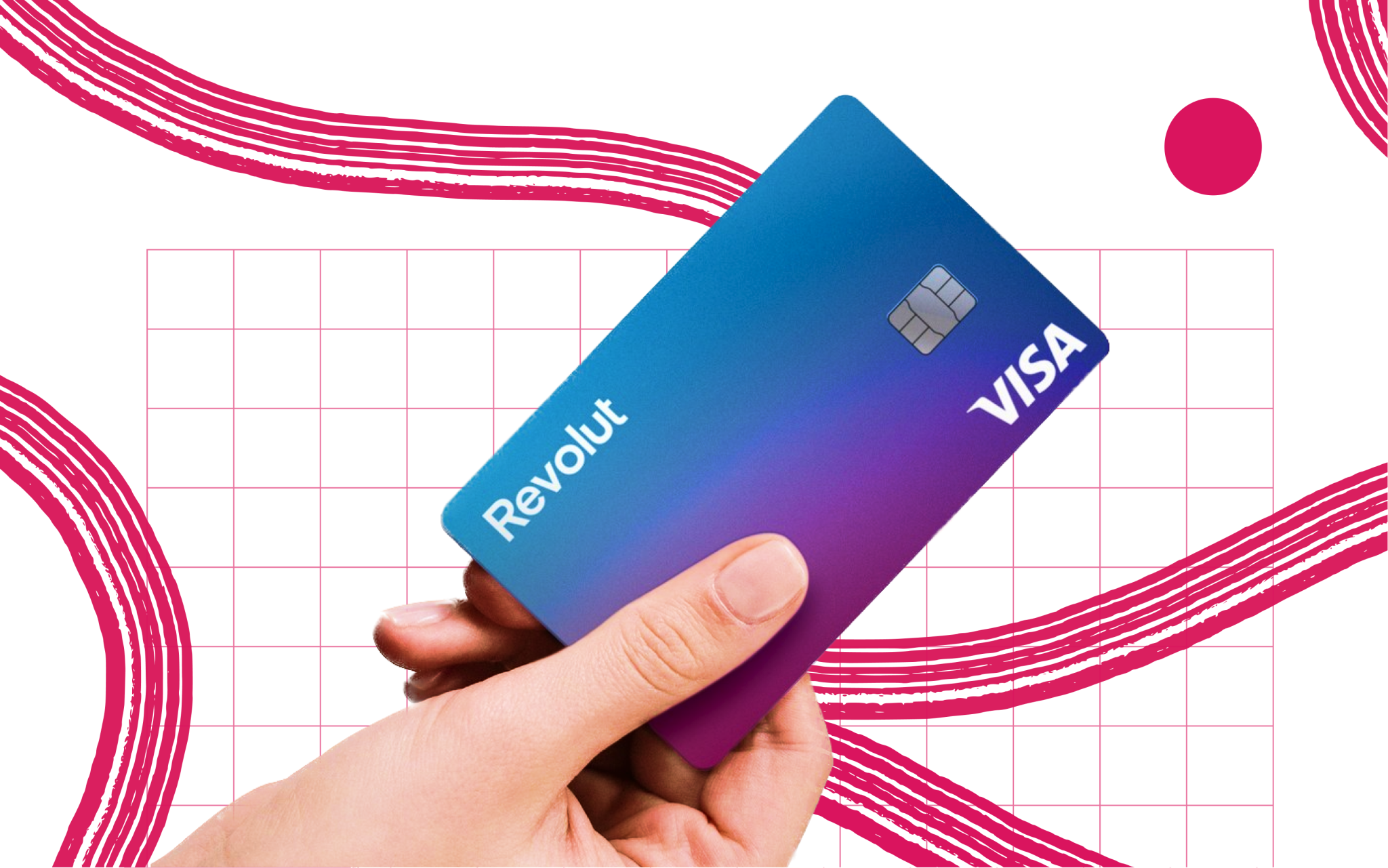Payments giant Checkout.com hit a $40bn valuation this week after raising $1bn in funds — making it Europe's second most valuable startup, behind Klarna.
But despite its London HQ, Checkout.com only has two European investors on its cap table. They are Blossom Capital, which has backed the company since its Series A in 2019, and the University of Oxford’s Endowment Fund, which joined for this round.
That means European investors won’t reap the benefits in the event of a Checkout exit.
A European boycott?
The absence of European VCs on Checkout.com’s cap table makes it quite the anomaly among local fintech unicorns.
Swedish buy now, pay later giant Klarna — currently valued at $46bn — is backed by several European investors. Europe’s Atomico owns a decent stake, alongside Jupiter Asset Management, Permira and a host of angels and VCs hailing from its home country Sweden, such as H&M’s venture arm.
Equally, Monzo’s European backers include Passion Capital, Crowdcube, Orange Ventures and Novator.
Meanwhile, Edinburgh’s Baillie Gifford was among the big winners of Wise’s $11bn London debut last year, alongside London’s Seedcamp, LocalGlobe and NatWest.
One explanation for Checkout’s deviation from the norm is its bootstrapped origins. Founder Guillaume Pousaz grew the company for seven years before he began fundraising externally. This meant that by the time the company raised its $230m Series A in May 2019, the round was more suited to growth investors — a sphere dominated by the US and Asia.
Nonetheless, according to multiple sources interviewed by Sifted, potential European investors actually passed on Checkout.com’s Series A deal.
They claim Checkout.com’s pitch deck hinted it worked with adult and gambling sites, raising eyebrows.
Pousaz has denied the rumours, however, and told Sifted in 2020: “It’s not true… it’s quite annoying people say that.”
No pay day for Europeans
Whatever the reason, it means European investors will miss out on a $40bn win. This may be a disappointing realisation for the local ecosystem, which relies on VCs cashing in their returns and then reinvesting them.
By contrast, local investors in UIPath — including Earlybird, Credo and Seedcamp — cashed in as much as 220,000% returns when the company went public.
Meanwhile, European investors won't be the only ones missing out on Checkout.com's rise. Sifted also reported last year that Checkout.com was among the least generous fintechs for employee shares.
That means Checkout.com employees are unlikely to personally profit from the $40bn valuation, as Revolut and Klarna's earliest staff have.
The company declined to comment to Sifted at the time, but this week stated that Checkout.com employees do get equity. They didn't confirm the amount.
Still, Ophelia Brown, the founder of Blossom, argued that companies without many local investors can still have a positive impact more broadly.
"In terms of the ecosystem, I wouldn't just look at where the [VC] funds are HQ'd, as the impact and value created are much more diverse that. Those funds... are backed by some of the world's best LPs and most sophisticated asset allocators, who will in turn reinvest into the best opportunities globally," she told Sifted.
"Those LPs are increasingly investing in Europe, precisely because of success stories like Checkout so we can already see the huge impact the company is having on the ecosystem."
Betting on growth
It’s worth digging into Checkout.com’s new price tag.
Checkout.com’s 2020 European revenues stood at $253m — a 73% boost from 2019.
However, the company’s published accounts only include its European operation. Meanwhile, Checkout.com does not publish its global accounts and declined to give the FT details beyond confirming it was “profitable”.
That means we’re forced to rely on some back-of-the-envelope calculations — so take the below with a pinch of salt.
Pousaz has previously told Sifted that 50% of transactions come from Europe. If Europe makes up 50% of the company’s transactions, we can assume it makes up roughly 50% of its global revenues. Let’s say then that Checkout.com’s global 2020 revenues stood at $506m — double the European sum.
That would make Checkout.com’s latest valuation a 79x multiple on its estimated 2020 global revenues.
By way of comparison, Adyen was trading at roughly 18x trailing gross revenue multiple early last year. Meanwhile, its year-on-year growth rate in Q3 2020 was 25%.
More to come?
Online payments companies like Checkout.com have proven to be very attractive businesses for investors in the midst of the pandemic, as the world shifted to ecommerce.
In the US last year, about 20% of retail sales were online, and Checkout.com says global volumes grew 200%.
Not only is the payments market worth trillions of dollars but revenues are predictable, they are sticky and their credit risk is limited.
That means it’s a competitive space. Checkout.com is up against the likes of Stripe and Adyen, and is even taking them on in the US, announcing office openings in Denver and New York.
Growth may also slow as the world unlocks, and people embrace living offline again; prioritising shops, restaurants and live events over e-commerce.
Checkout.com has also expanded into the crypto space and processes payments for exchanges like Coinbase and FTX.
It’s also set its sights on expanding into Web3, and recently took on Meron Colbeci — Meta’s previous digital wallet lead — as its chief product officer.
If it succeeds, it will no doubt worsen the FOMO now facing European VCs — left out of the Checkout.com party.
Isabel Woodford is Sifted’s fintech correspondent. She tweets from @i_woodford and coauthors our fintech newsletter. Sign up here
Amy O'Brien is a reporter at Sifted. She tweets from @Amy_EOBrien


